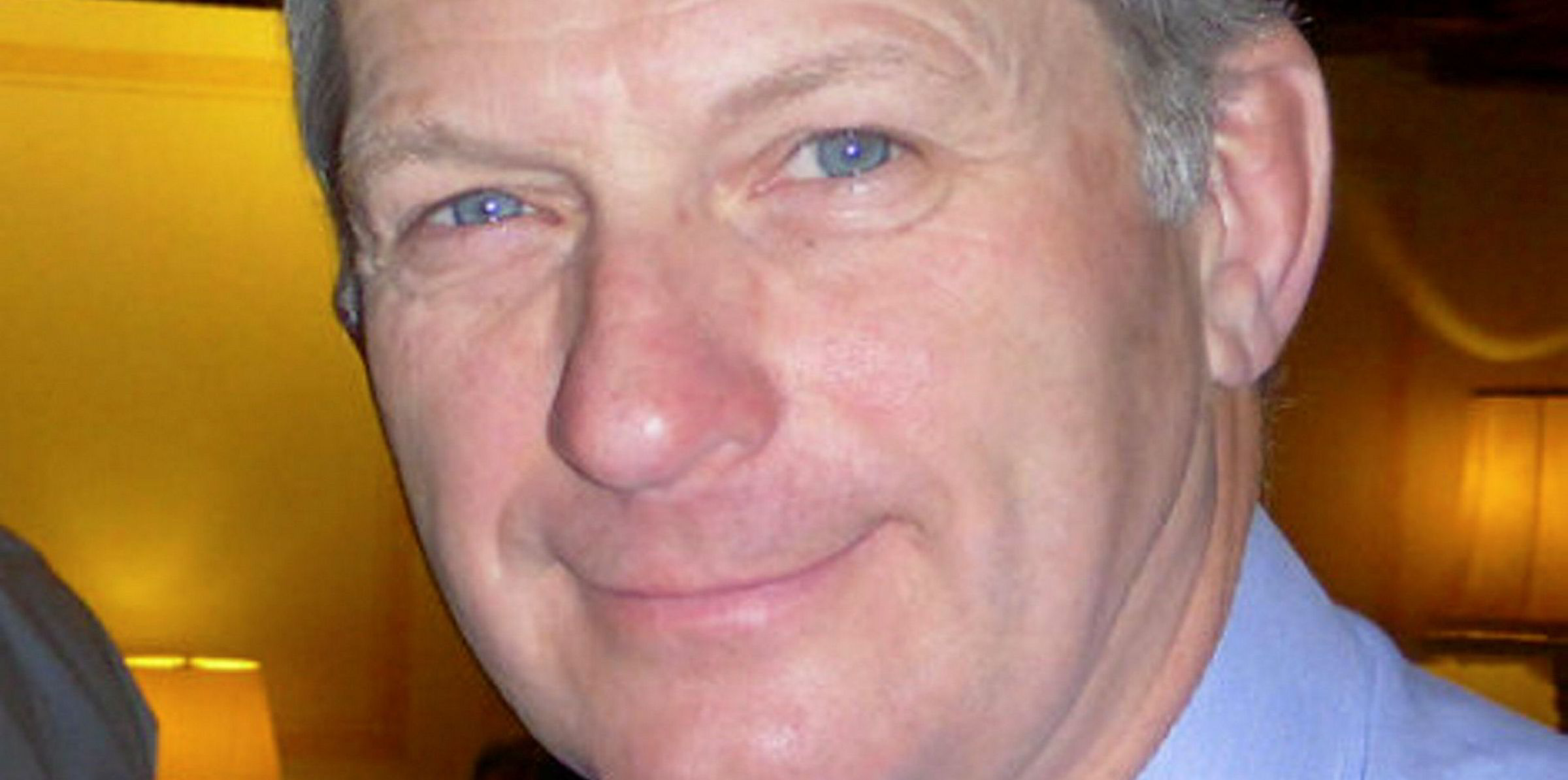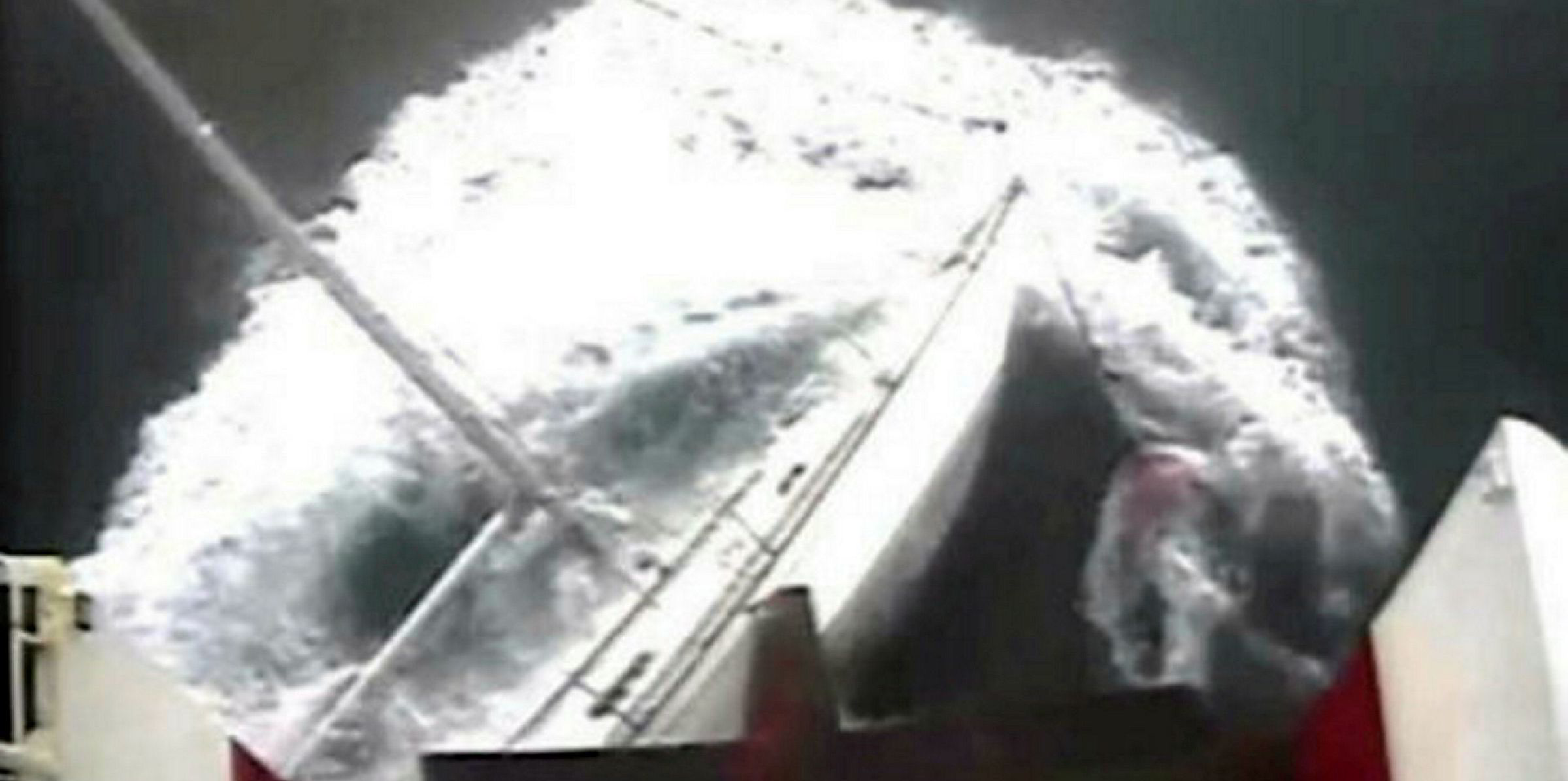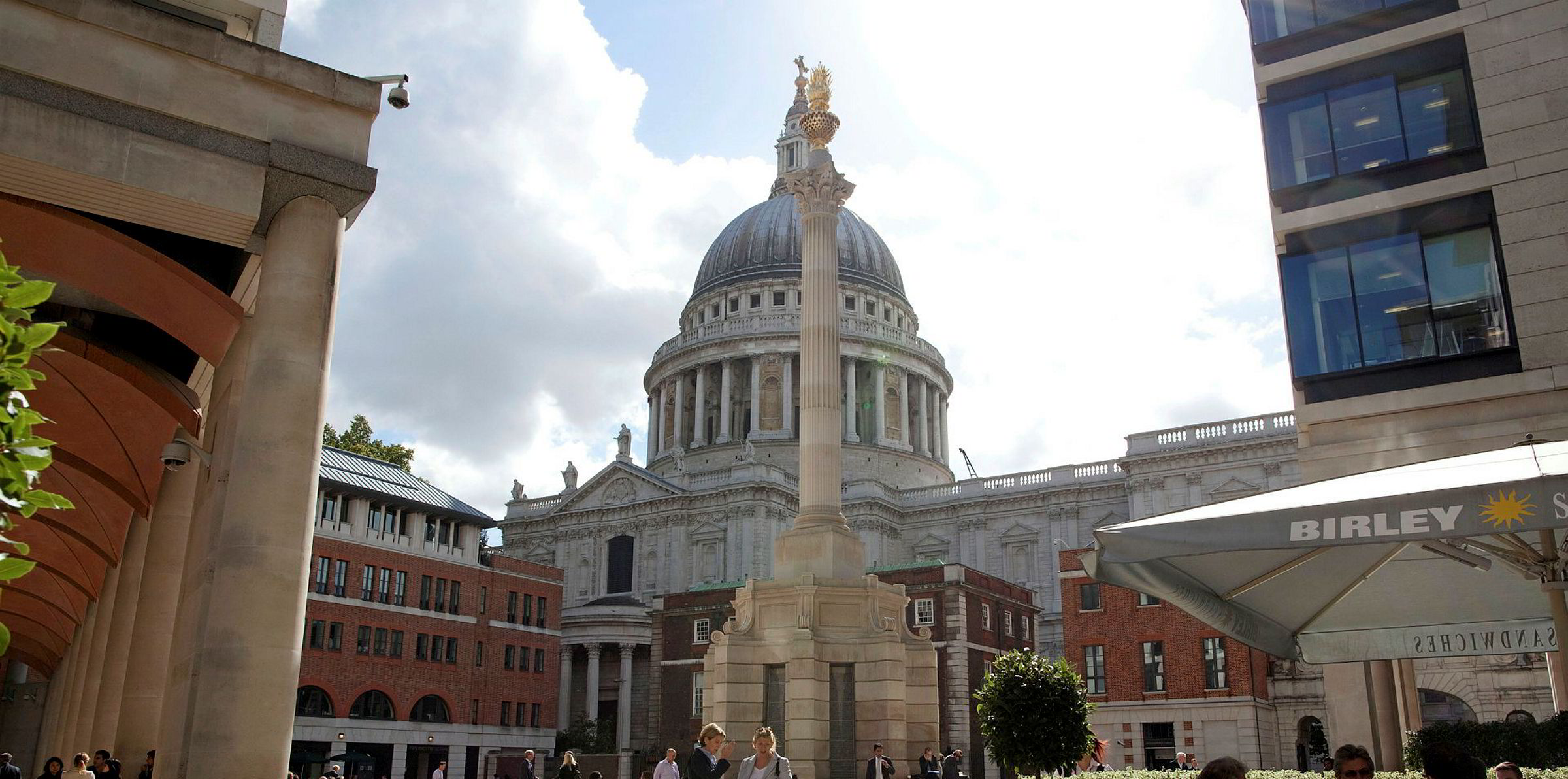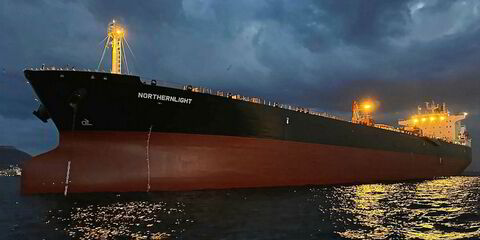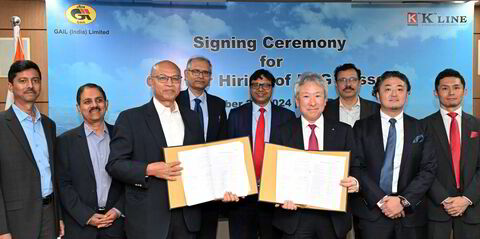UK charity International Foundation for Aids to Navigation (IFAN) has warned non-paying shipowners that they are jeopardising safe passage in the Middle East as its infrastructure ages.
The nonprofit organisation has been ensuring vessel safety in the region since 1911, as the coastal states there have still to take on ownership of assets in these international waters.
Chief executive Peter Stanley, a former BP executive appointed last year, told TradeWinds that it ploughs all its income from owners' navigational dues back into operations, but is facing a big bill to upgrade equipment.
That cash has to come mostly from dues, but some shipowners may not know it is the IFAN subsidiary, the Middle East Navigation Aids Service (MENAS), providing the service.
"Over the years some shipowners have not renewed their nav dues contracts," he added. "Some are refusing to pay when asked. The situation now is not sustainable in the long term."
IFAN has four differential global positioning system (DGPS) stations there.
Two are based in the United Arab Emirates, one in Kuwait and one in Bahrain.
They are needed because there are no alternatives of similar accuracy and reliability in the Middle East Gulf and no plans to introduce any.
Inertia rules
Stanley said a combination of politics and inertia has meant no contributions and no common approach from Middle East states.
"We're left holding the responsibility and that's fine, but we need to be able to keep going until a solution is found," Stanley added.
"The DGPS stations are 20 years old now and need to be upgraded," said Stanley. "We're working on something like $2m to give them another 10 years of life."
He added that he stations' electronics are wearing out, as a result of heat, humidity and salt spray..
"These are quite big beasts, covering the area of three football pitches," Stanley said.
Funding plans
Stanley told TradeWinds: "We are doing our own self-help on this, entering into third-party contracts for our services."
The charity is also going to start training courses for port authority staff in cooperation with the International Association of Lighthouse Authorities (IALA) from the third quarter.
The CEO added: "We've been begging and borrowing spares from countries like Australia where they are decommissioning their stations."
Stanley also said MENAS could reduce the number of stations from four to three giving the same signal coverage through "good positioning."
The organisation also maintains buoys and lighthouses and provides Navtex alerts and notices to mariners about dangers like wrecks.
Good owners praised
"We've got a bunch of good shipowners over there who studiously pay but it's been declining over a number of years. If they sail past a buoy they assume it's owned by a state, but in reality is probably one of our 54 buoys," Stanley said.
"We want to raise our profile and have good conversations about this issue."
IFAN is chaired by former Braemar broker Alan Marsh, and it has shipowners on its board.
More than 2,000 vessels rely upon MENAS equipment and services each month. DGPS has been running free-to-air since 1997.
The London-headquartered charity also receives income from operating an offshore support vessel (OSV) in the North Sea market.
The change of name of the parent company, from MENAS to IFAN, was made in 2011 to reflect extended global coverage of safety at sea.
